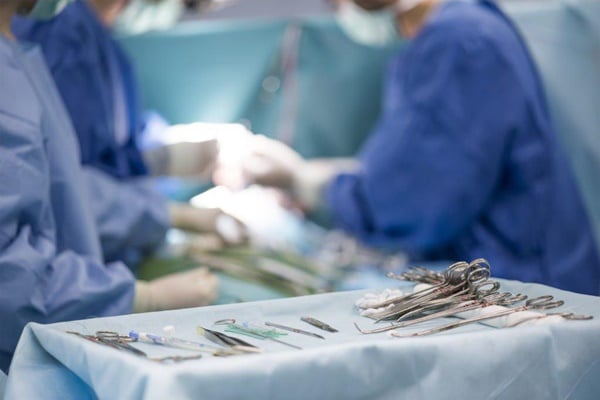Implants are man-made and are used to replace physical organs of the body. Their outer surface, which is in contact with living tissue, is made by biological materials or materials resistant to the ionic environment of the body.
There are 45 different types of bio-implants. Various types of bio-implants, such as cardiovasculars, are used to repair diseases and injuries to various systems of the body, including the musculoskeletal, cardiovascular, skin, eyes, brain, nerves and joints.
The epithelium type of bio-implant is used in skin transplants, burns, wounds, and surgeries of eye, ear, throat and nose.
Metal implants used to treat bone fractures are commonly known as platinum. However, today they are made of stainless steel which is a combination of iron, chromium and nickel. Platinum as a very precious metal is not used in these implants.
Epithelium bio-implants are used in the treatment of burns, repair of diabetic wounds, repair of skin lesions after extraction of tumors, gum repair, plastic surgeries, bed sore, repair of skin lesions with ionizing radiations like lasers, breast cancer surgeries, repair of corneal ulcers, and chemical injuries.
The technology is currently used in the world for replacing body tissues in case of necessity. In Iran, the knowledge-based company Tissue Regeneration Corporation (TRC) has acquired the technology and is using the new method.
With the production of ocular bio-implants, a major step would be taken in the treatment of diseases, eye injuries, and the treatment of chronic ocular complications resulting from injuries.
For a brief review of Iran’s achievements in various fields of science and technology, check the book “Science and Technology in Iran: A Brief Review”
The use of ocular bio-implants does not require anesthesia in eye surgery. Also, there is no need to stitch the eye. The absence of adverse effects of eye surgery, the absence of local bleeding, and reduction of the duration of eye treatment are among the other advantages of using these implants.
However, any implant in the body is considered an external object and can stimulate the body’s defence system. For this reason, the surface of these implants are made of materials that are not affected by the ionic environment of the body.
Some implants may be defective due to low and poor quality, but today, thanks to the advanced technologies in making bio-implants compatible with the body, the complications and problems of using them have been minimised.
